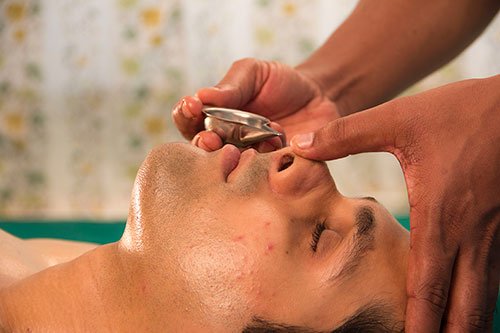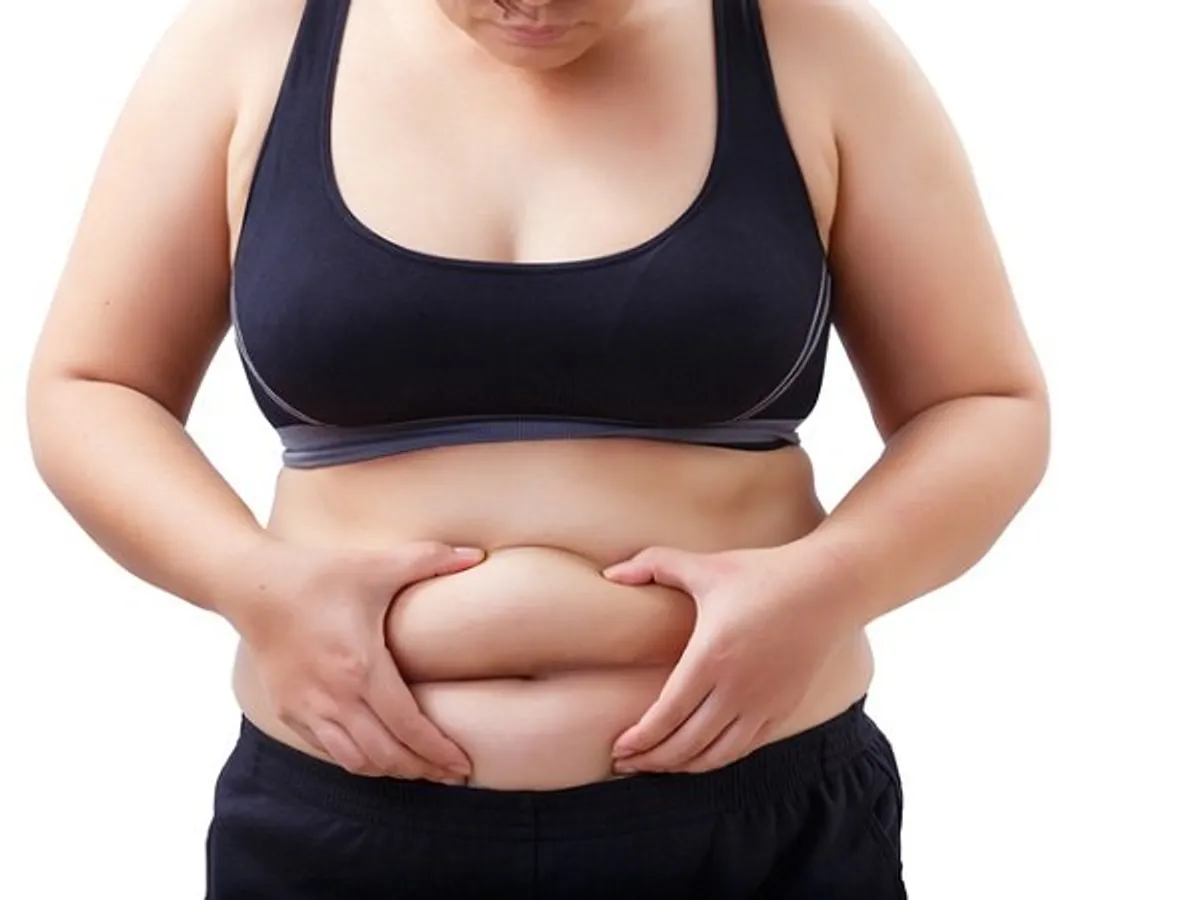Depression is a common mental health disorder that affects millions of people worldwide. It can have a significant impact on a person’s daily life, relationships, and overall well-being. Understanding the causes, symptoms, and treatment options for depression is essential for anyone dealing with this condition or supporting someone who is.
Causes of Depression
Depression can have various causes, which may differ from person to person. Some common factors that contribute to the development of depression include:
- Genetic predisposition
- Chemical imbalances in the brain
- Hormonal changes
- Chronic illness or pain
- Stressful life events
- Traumatic experiences
- Substance abuse
It is important to note that depression is a complex condition, and often a combination of these factors can contribute to its onset.
Symptoms of Depression

Depression can manifest in various ways, and the symptoms may vary from person to person. Some common signs and symptoms of depression include:
- Persistent sadness or feelings of emptiness
- Loss of interest in activities once enjoyed
- Changes in appetite and weight
- Difficulty sleeping or excessive sleeping
- Fatigue or loss of energy
- Difficulty concentrating or making decisions
- Feelings of guilt, worthlessness, or hopelessness
- Recurring thoughts of death or suicide
If you or someone you know is experiencing these symptoms, it is important to seek professional help for an accurate diagnosis and appropriate treatment.

Ayurvedic Treatment for Depression
Ayurveda, the ancient Indian system of medicine, offers holistic approaches to treating depression. Ayurvedic treatments focus on restoring balance in the mind, body, and spirit. Here are some common Ayurvedic treatments for depression:
1. Herbal Remedies

Ayurvedic herbs such as Ashwagandha, Brahmi, and Jatamansi are known for their calming and mood-enhancing properties. These herbs can be consumed in the form of capsules, powders, or teas to help alleviate symptoms of depression.
2. Lifestyle Modifications

Ayurveda emphasizes the importance of a healthy lifestyle in maintaining mental well-being. This includes following a balanced diet, practicing regular exercise, getting adequate sleep, and managing stress through techniques like yoga and meditation.
3. Panchakarma

Panchakarma is a detoxification and rejuvenation therapy used in Ayurveda. It involves a series of cleansing procedures to eliminate toxins from the body and restore balance. Panchakarma treatments like Abhyanga (oil massage), Shirodhara (oil pouring on the forehead), and Nasya (nasal administration of medications) can be beneficial for individuals with depression.
4. Ayurvedic Massage

Massage therapies like Abhyanga and Shirodhara can help relax the mind, reduce stress, and promote overall well-being. These therapies can be particularly beneficial for individuals experiencing symptoms of depression.
5. Counseling and Psychotherapy
Ayurveda recognizes the importance of addressing the psychological and emotional aspects of depression. Ayurvedic practitioners may offer counseling, talk therapy, or recommend practices like journaling and self-reflection to support individuals in their healing journey.
It is important to consult with a qualified Ayurvedic practitioner before starting any Ayurvedic treatment for depression. They can provide personalized recommendations based on your specific needs and health condition.
Conclusion
Depression is a complex mental health condition that can have a significant impact on a person’s life. Understanding the causes, symptoms, and treatment options, including Ayurvedic approaches, can help individuals manage and overcome depression. It is essential to seek professional help and guidance to develop an effective treatment plan tailored to your needs.
If you have any queries related to medical health, consult Subhash Goyal or his team members on this given no +91 99150 72372, +91 99150 99575, +918283060000




